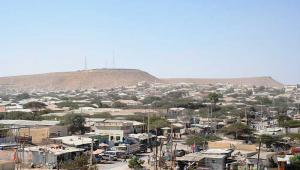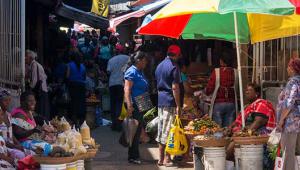After a visit to the Latin American nation to review its performance under a $478m IMF programme, the fund said Suriname’s progress had been “mixed”.
“Decisions to freeze fuel prices and partially reverse the increase in electricity prices, despite rising energy costs, have significantly reduced available government resources,” said Daniel Leigh, who led the IMF mission to Suriname.
While he said the government has kept the deficit close to the planned reduction path, this required restrictions on spending, and as a result, “spending on social cash transfers has undershot envisaged levels”.
The fund also warned on risks to price stability created by pursuing nominal interest rate increases despite a substantial rise in inflation. It stressed the need to maintain a flexible interest rate and support increases in local currency interest rates.
Suriname appealed for international help earlier this year after the crash in commodity prices crippled the country’s economy, which relies on oil and gold exports.
The price slump, combined with the closure of a key aluminium refinery in late 2015, sent the economy into recession. The budget deficit stood at 8.8% of GDP in 2015.
In April, the fund agreed to throw a lifeline worth almost half a billion dollars to the nation as part of a programme focused on cutting public spending and creating new sources of non-mineral revenue. Around $81m was disbursed immediately.
The programme envisaged a reduction in the deficit from 8.8% of GDP in 2015 to 1.5% by 2018, based on the government phasing out electricity subsidies, wage restraint, increases in fuel taxes and a number of other measures.
The fund said that since then, the government has made progress with a number of these reforms, for example, preparations for the introduction of a value-added tax.
However, as a result of going back on some key changes, restoring macroeconomic stability will now “require great efforts from the Surinamese authorities as well as society as a whole”, according to Leigh.
“Significant additional increases in fuel tax and electricity tariffs, as planned in the programme, are essential to improve the fiscal situation and make space for better-targeted social spending”.
The fund will now schedule a follow up visit once further progress has been made, Leigh said, and remain in close contact with the Surinamese government in the meantime.













